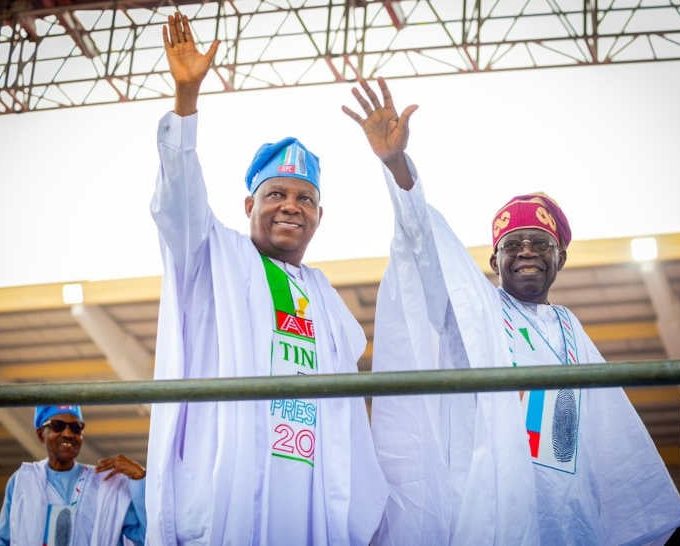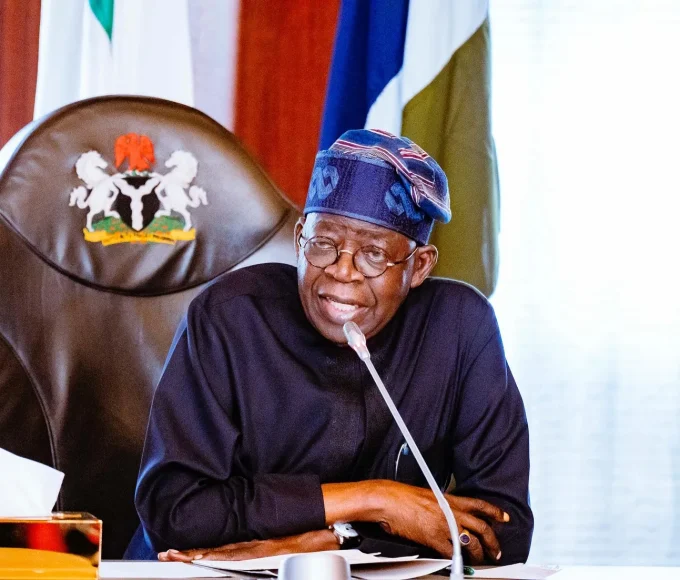
This morning, the Nigerian naira plummeted to an unprecedented low of N1,600 against the US dollar, marking a distressing milestone for the country’s economy under President Bola Tinubu’s administration.
This alarming dip was observed by the financial tracking platform Aboki Forex, despite concerted efforts by the Central Bank of Nigeria (CBN) to stem the currency’s downward spiral.
The relentless depreciation of the naira has been a persistent challenge, with its value steadily declining even before Tinubu assumed office in May of the previous year.
However, the situation has been exacerbated since the implementation of a floating exchange rate regime, amplifying concerns over the nation’s economic stability.
The weakening of the naira against major foreign currencies like the dollar has sparked widespread unease among citizens and stakeholders alike, as it not only erodes purchasing power but also undermines investor confidence in the Nigerian market.
Analysts have attributed this sharp decline to a myriad of factors, including dwindling foreign reserves, rising inflation, and a volatile global economic landscape exacerbated by geopolitical tensions.
In response to the crisis, the CBN deployed various monetary policies in a bid to stabilise the currency and mitigate the adverse effects of the freefall.
However, the effectiveness of these interventions remains uncertain amid persistent market pressures and uncertainties surrounding Nigeria’s fiscal and economic policies.
About The Author
Related Articles
Tinubu, Shettima to Spend N12.2bn on Travel and Transport as Nigerians Struggle With Cost of Living and Insecurity
Details from Nigeria’s 2026 Appropriation Bill show that President Bola Ahmed Tinubu,...
ByWest Africa WeeklyJanuary 10, 2026Senegal Beat Mali to Become First AFCON 2025 Semi Finalists
Senegal secured the first semi final place at the 2025 Africa Cup...
ByWest Africa WeeklyJanuary 10, 2026Tinubu Govt Questioned Over Super Eagles Bonus Standoff
Nigeria’s Super Eagles were thrown into turmoil at the 2025 Africa Cup...
ByWest Africa WeeklyJanuary 9, 2026Tinubu’s Govt Allegedly Uses Celebrities to Promote Tax Payments Despite Altered Tax Law
A wave of video clips circulating on social media shows high-profile Nigerian...
ByWest Africa WeeklyJanuary 9, 2026












